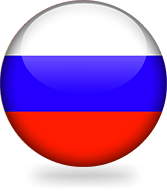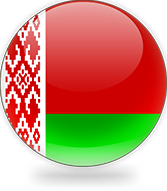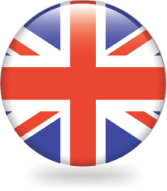- Monday - Friday 09:00 am - 05:00 Pm
- 59A, Alexandra Place, Colombo 7
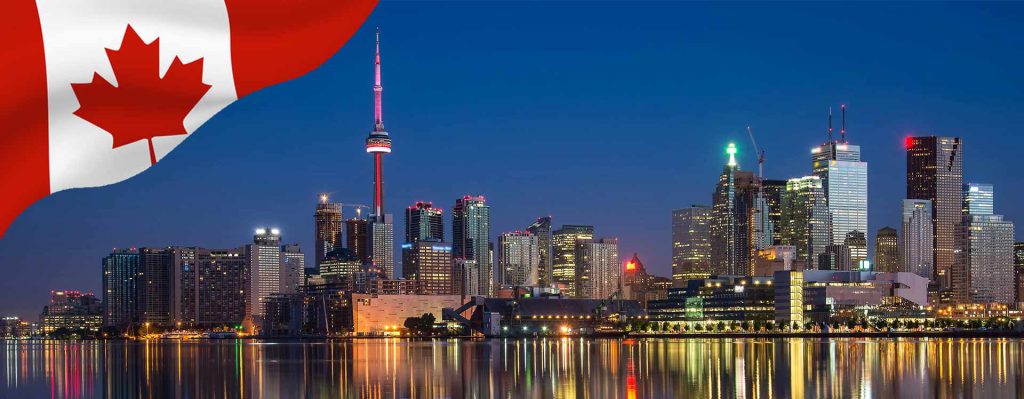
Canada
OFFICIAL NAME: Canada
FORM OF GOVERNMENT: Federal parliamentary state
CAPITAL: Ottawa
POPULATION: 35,881,659
OFFICIAL LANGUAGE: English, French
MONEY: Canadian dollar
AREA: 3,849,674 square miles (9,970,610 square kilometers)
MAJOR MOUNTAIN RANGES: Rockies, Coast, Laurentian
MAJOR RIVERS: St. Lawrence, Mackenzie
FORM OF GOVERNMENT: Federal parliamentary state
CAPITAL: Ottawa
POPULATION: 35,881,659
OFFICIAL LANGUAGE: English, French
MONEY: Canadian dollar
AREA: 3,849,674 square miles (9,970,610 square kilometers)
MAJOR MOUNTAIN RANGES: Rockies, Coast, Laurentian
MAJOR RIVERS: St. Lawrence, Mackenzie
Canada, stretching across the Northern Hemisphere, spans about 4,700 miles (7,560 kilometers) from east to west and encompasses six time zones. Despite its vastness, its population is only a fraction of the global total. The country features stunning landscapes such as black-blue lakes, numerous rivers, majestic mountains in the west, rolling plains in the central region, and forested valleys in the east. Also, the far north is dominated by frozen terrain, which consists of ice, snow, and glaciers. Indigenous communities, known as First Nations, reside in the Arctic, sustaining themselves through hunting and fishing. Canada is culturally diverse, with descendants of British, French, and other immigrants contributing to its rich heritage.
In Canada, the British monarch is the ceremonial head of state, represented symbolically by a governor-general with limited authority. Legislative decisions are primarily made by the elected federal government. Canada’s climate features four distinct seasons, with summers reaching up to 35°C and winters dropping to -25°C, though spring and fall offer milder temperatures. Summers vary from hot and dry in the prairies to humid in central regions and mild on the coasts. Winters are cold with intermittent snowfall, except in southern Alberta where occasional “Chinook” winds from the Rocky Mountains melt snow. Canadians combat cold with well-developed infrastructure, including heated homes, vehicles, and covered walkways in some cities.
Canada is a top destination for higher education, with 10 universities ranked in the top 250 globally by QS World University Rankings 2021. Canadian universities excel in research across key fields like medicine, biology, ICT, agriculture, environmental sciences, and economics.
Studying in Canada offers abundant opportunities for international students, with a high-quality education system providing essential skills and experiences for future careers. Completing higher studies in Canada can also lead to permanent residency for the whole family. The Canadian higher education system includes undergraduate, graduate, and post-graduate levels, offering diverse courses for specialization. Undergraduates pursue bachelor’s or associate’s degrees, while graduates focus on master’s and doctoral degrees, typically taking one to four years. Private institutions also provide courses in fields like business, computer science, and engineering. International students can access financial aid like scholarships, grants, and loans for support.
When applying for higher education in Canada, it’s essential to understand the required documents, including language proficiency tests, academic records, and recommendation letters. Researching your desired program and meeting application criteria is crucial. Tuition fees vary widely; universities charge $7,000 to $30,000 CAD annually for international students, with additional administrative fees. Colleges have lower costs, ranging from $5,000 to $15,000 CAD, with potential extra charges for specific programs.
Why choose us?
Top institutes
Canada’s educational landscape shines with a constellation of top-tier universities that have garnered global recognition for their academic prowess, research contributions, and commitment to innovation.
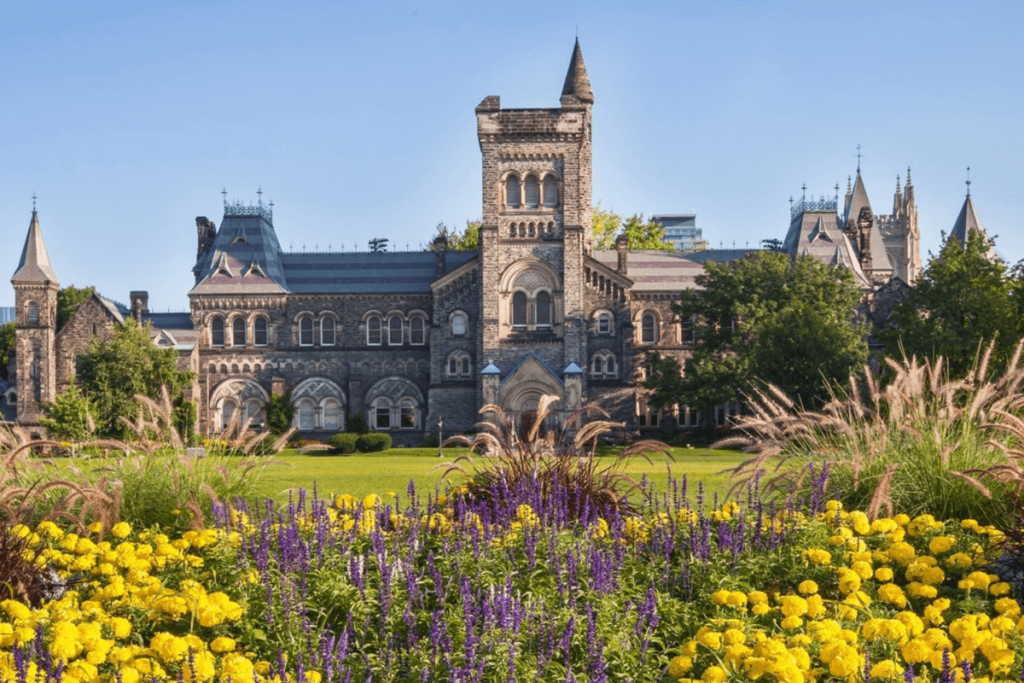
- University of Toronto
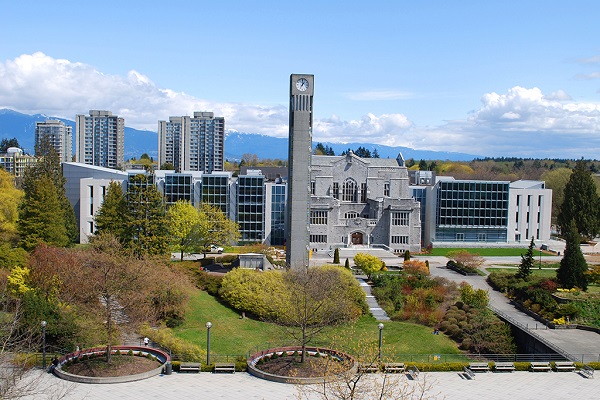
- University of British Columbia
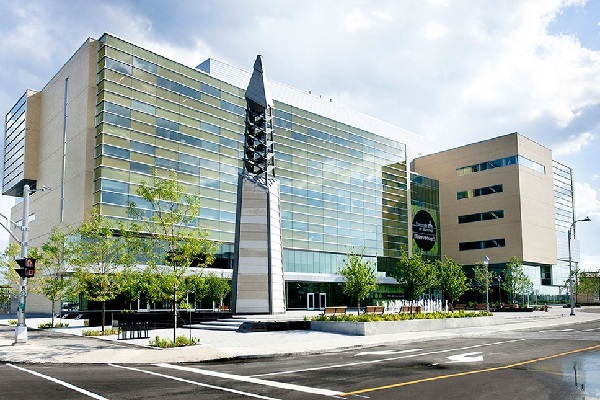
- University of Montreal
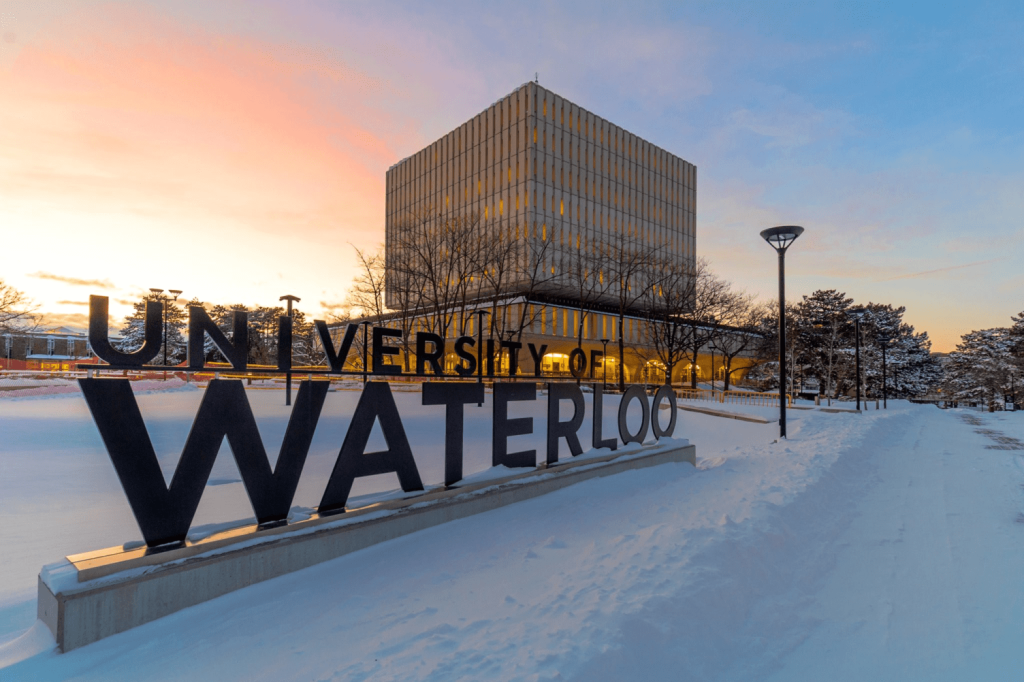
- University of Waterloo
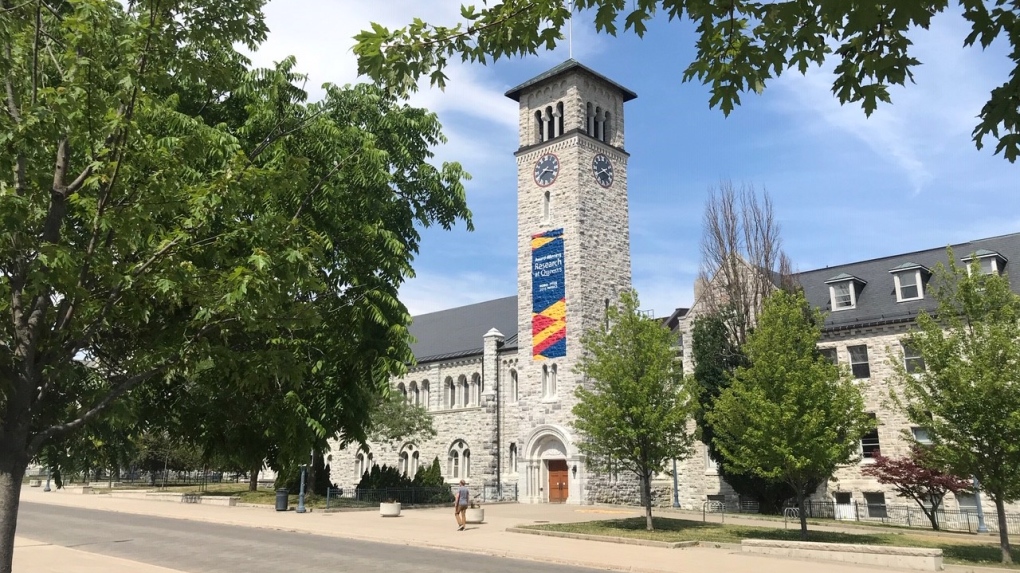
- Queen's University



